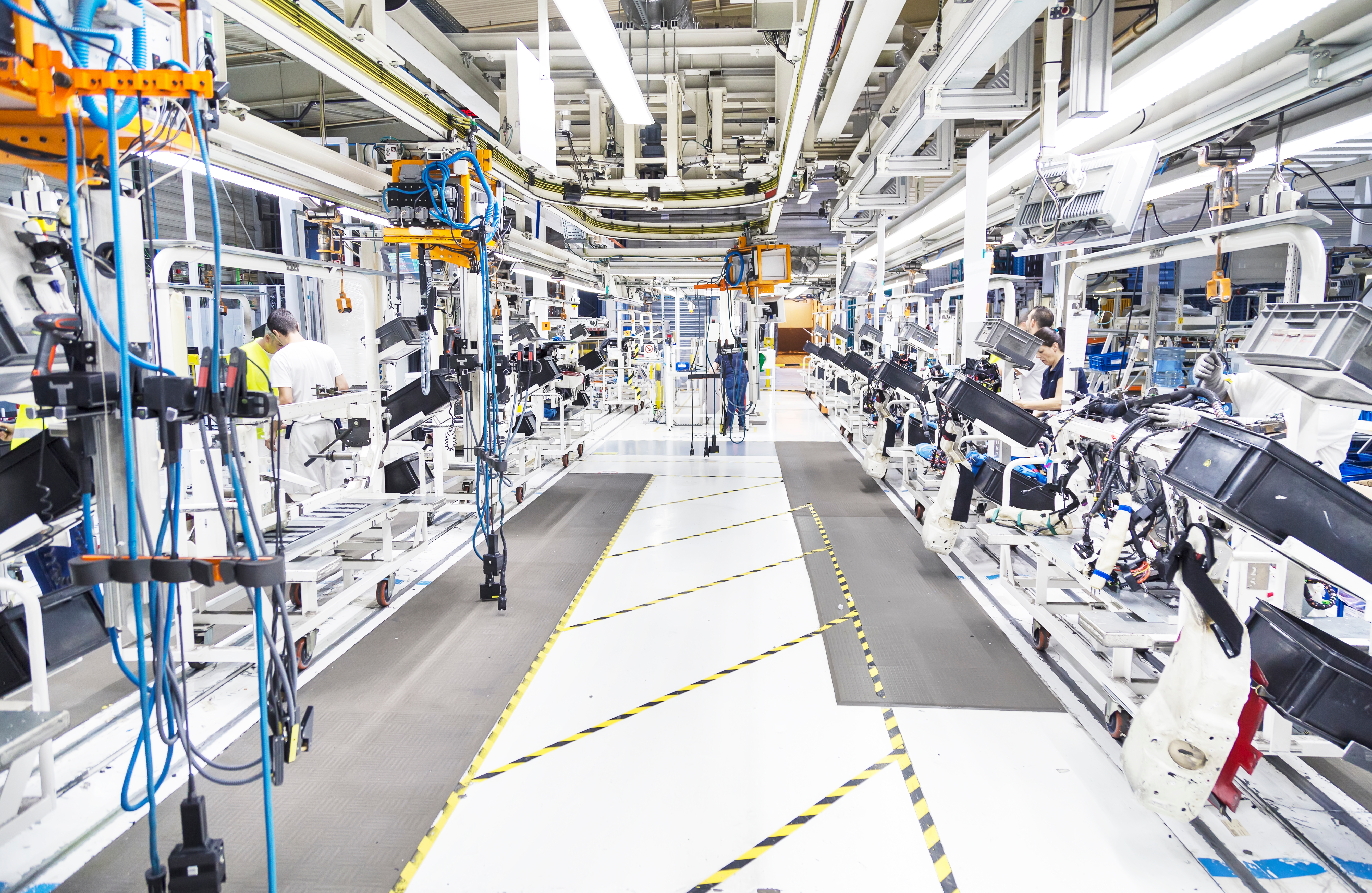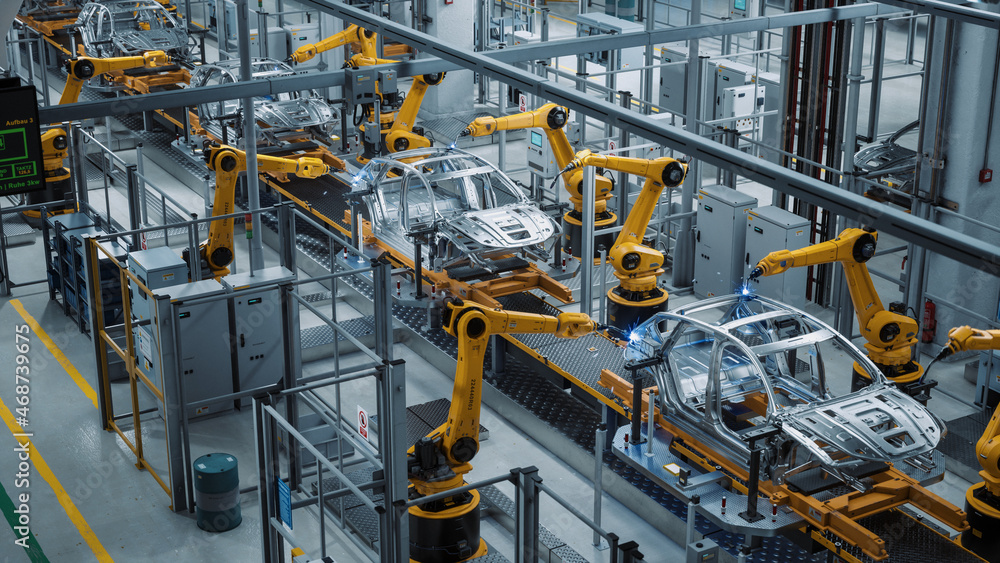In the ever-evolving landscape of the automotive industry, suppliers play a crucial role in shaping the future of transportation. They are the backbone of the sector, providing automakers with the essential components and technologies that make vehicles safer, more efficient, and smarter. In recent years, automotive suppliers have been rapidly adopting Industry 4.0 principles to revolutionize their operations, enhance their products, and remain competitive in a dynamic market.
Industry 4.0 represents the convergence of various technologies, including the Internet of Things (IoT), artificial intelligence (AI), big data, and automation to revolutionize manufacturing and related industries. In the automotive sector, this means a holistic digital transformation that optimizes processes, increases efficiency, reduces costs, and improves product quality.
- Smart Manufacturing
One of the most prominent ways automotive suppliers are embracing Industry 4.0 is through smart manufacturing. They are incorporating sensors and IoT devices into their production lines and connections to their Manufacturing Execution Systems (MES) to collect real-time data on equipment performance and product quality. This data can then be analyzed using AI and machine learning algorithms to identify trends, predict potential issues, and optimize production processes. As a result, suppliers can reduce downtime, minimize defects, and enhance overall efficiency.
- Supply Chain Optimization and Visualization
Efficient supply chain management is paramount in the automotive industry, and Industry 4.0 technologies are instrumental in achieving this. Suppliers are using data-driven tools to gain better visibility into their supply chains. They can track the movement of parts and materials in real-time, anticipate disruptions, and make informed decisions to ensure timely deliveries to automakers. This not only enhances customer satisfaction but also reduces costs associated with excess inventory and transportation.
- Customization and Personalization
Industry 4.0 principles enable automotive suppliers to provide more customized and personalized solutions to their customers. By leveraging data analytics, they can tailor their products to meet the specific requirements of automakers. Whether it’s designing unique components or offering more flexible production processes, this level of customization allows suppliers to be more agile and responsive to the ever-changing demands of the automotive market.
- Quality Assurance
The adoption of Industry 4.0 also significantly improves quality control. Automotive suppliers are implementing advanced quality assurance systems that use AI and computer vision to detect even the smallest defects in components. This not only ensures that the parts meet the highest standards but also reduces the likelihood of recalls, which can be costly and damaging to a company’s reputation.
- Cost Reduction and Sustainability
Cost efficiency is a critical factor in the automotive industry, and Industry 4.0 helps suppliers reduce operational costs in various ways. By optimizing production processes, suppliers can minimize energy consumption and reduce waste. Additionally, predictive maintenance and remote monitoring of equipment help prevent costly breakdowns. These cost savings can then be passed on to automakers or reinvested in research and development.
Moreover, Industry 4.0 principles are aligning with the growing emphasis on sustainability in the automotive sector. Automotive suppliers are increasingly adopting eco-friendly practices, such as using recycled materials and reducing energy consumption. By combining sustainability with digital innovation, they not only meet regulatory requirements but also cater to the rising consumer demand for environmentally responsible products.
In conclusion, the automotive supply chain is undergoing a significant transformation with the widespread adoption of Industry 4.0 principles. The integration of digital technologies is revolutionizing production processes, improving supply chain management, enhancing quality control, and reducing costs. Moreover, suppliers are better equipped to offer customized solutions and contribute to a more sustainable automotive industry.
As automotive suppliers continue to embrace Industry 4.0, they are poised to play a pivotal role in the ongoing evolution of the automotive industry, helping shape a future where vehicles are not only safer and more efficient but also more responsive to the diverse needs of consumers and the demands of a changing world. This digital revolution is not just about improving products but about driving the future of transportation itself.









